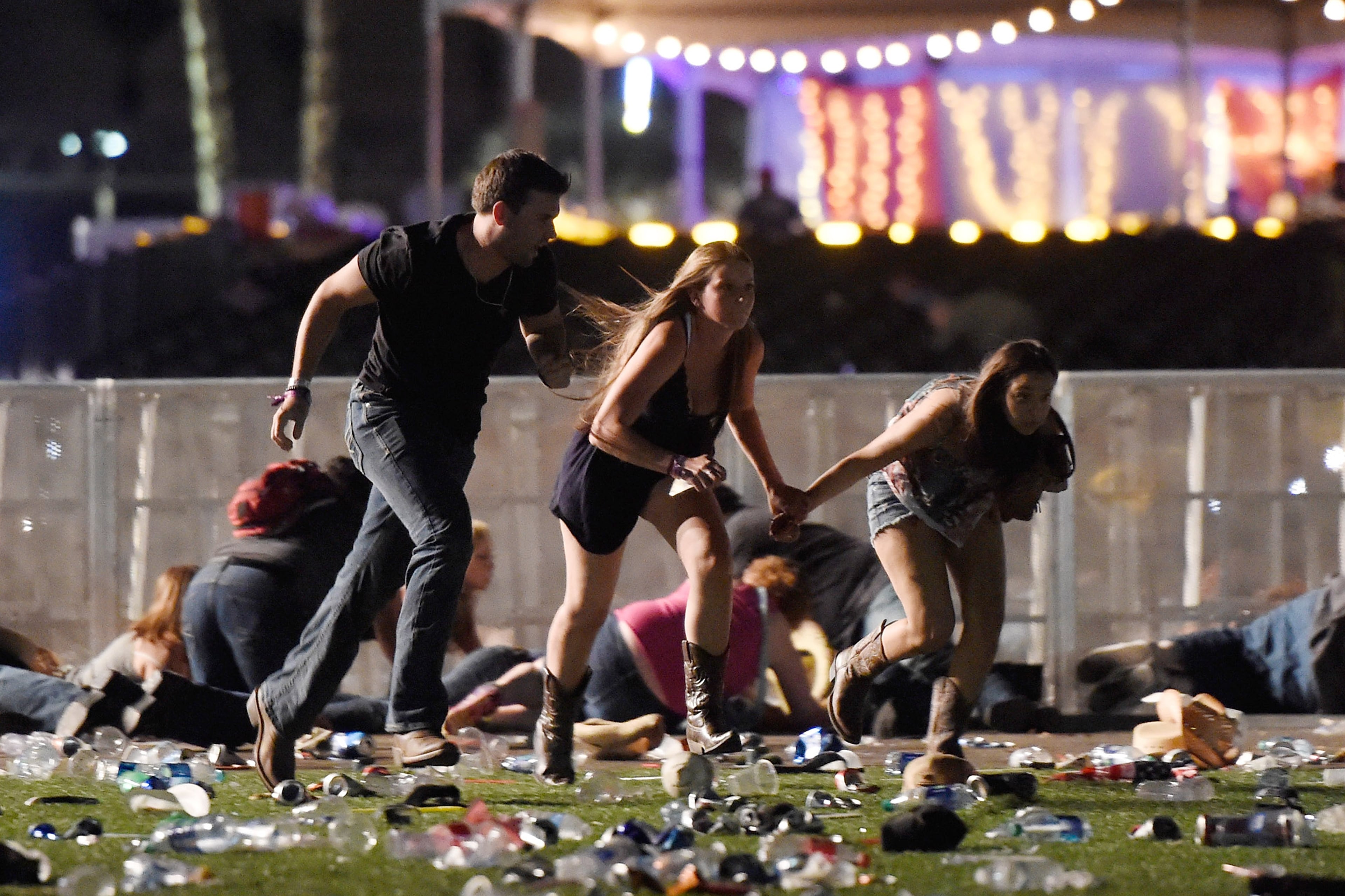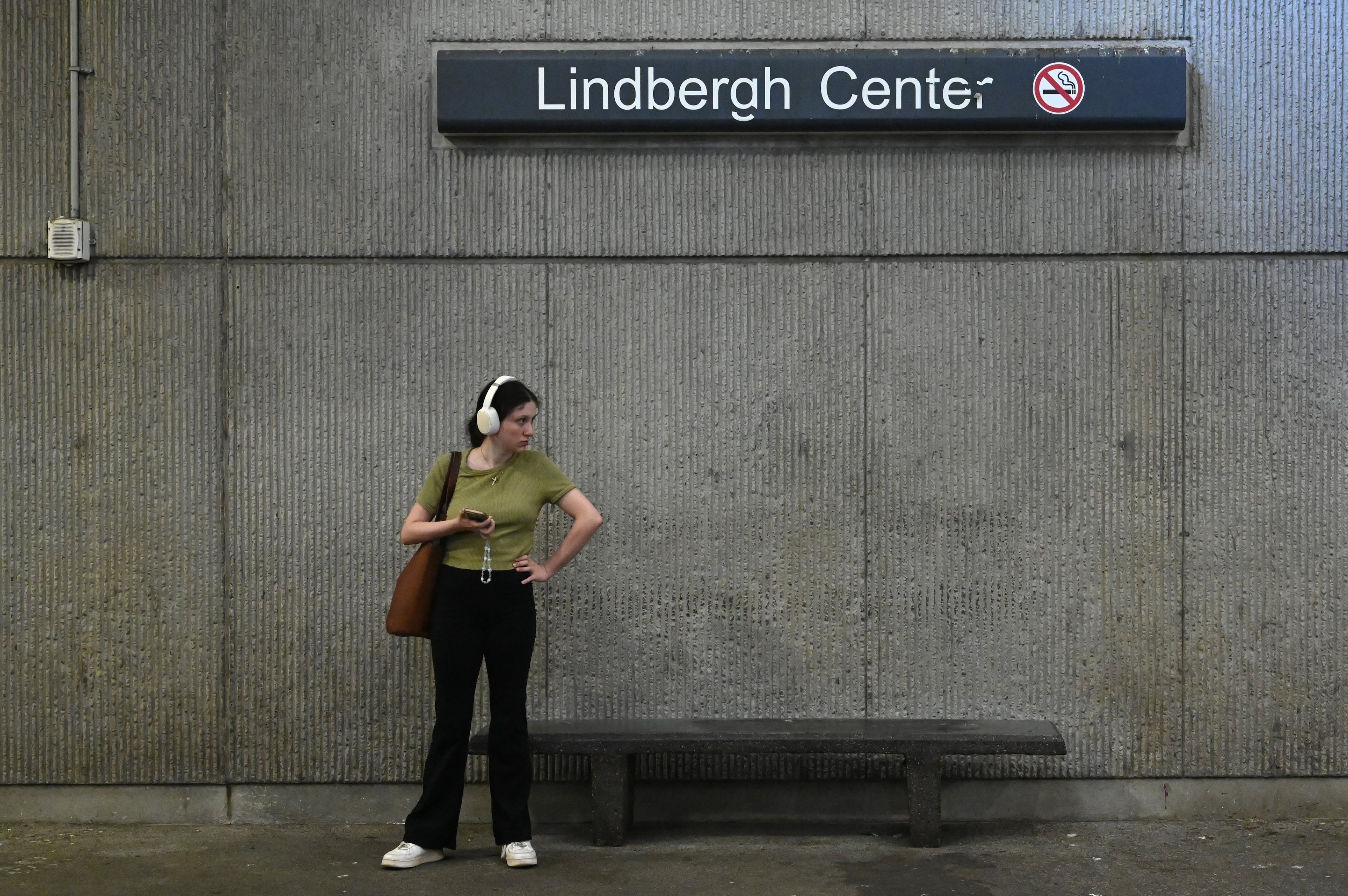How to talk with your children about the Las Vegas shooting
More than 50 people are killed in a mass shooting in Las Vegas during a Jason Aldean concert.
It’s hard to escape the news of the nation’s worst mass shooting.
So, how do you explain this to your child? Or do you?
Such violence can be unsettling to adults, so imagine if a child catches a glimpse of the scene on television.
“It may trigger something from their own history,” said Nadine Kaslow, a professor at the Emory University School of Medicine. “Perhaps the child had someone in his family who was shot.”
Kaslow said the scope of this incident can be unsettling to adults as well.
“This was not just a local attack, this violence was so horrific,” she said. “So many people died. It makes everybody wonder if they are safe going on a trip or going to a concert.”

Some express their emotions in response to these kind of stresses and others “shut these kind of things off,” she said.
Whatever the case, parents should be prepared to talk and most importantly, listen to their children, said Kaslow.
Here are some tips from the American Psychological Association when dealing with children and trauma:
Think about what you want to say. Some advanced planing may make the discussion easier.
Find out what they know. For example, there was a shooting at a school or a bomb set off in another country. Ask them "What have you heard about this?" And then listen.
Tell the truth. Lay out the facts at a level they can understand. You do not need to give graphic details.
Sometimes the answer to the question is “I don’t know. “Why did the bad people do this?” “I don’t know.”
Above all, reassure. At the end of the conversation, reassure your children that you will work to keep them safe and to watch out for them. Be available to answer any questions or talk about this topic again in the future. Reassure them that they are loved.


